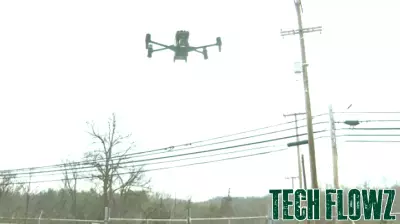Exploring the Surge of Technology and AI in Medical Diagnoses
March 14, 2025 - 04:47

The landscape of healthcare is rapidly evolving, with technology and artificial intelligence (AI) playing a pivotal role in enhancing diagnostic capabilities. As medical professionals seek to improve patient outcomes, the integration of advanced tools into daily practice has become increasingly appealing. From AI-driven imaging analysis to sophisticated data analytics platforms, these innovations are designed to assist doctors in making more accurate and timely diagnoses.
The question arises: should practitioners embrace these technological advancements? Many experts argue that incorporating AI can lead to significant improvements in diagnostic precision, reducing the likelihood of human error. Furthermore, these tools can streamline workflows, allowing healthcare providers to focus more on patient care rather than administrative tasks.
However, the adoption of new technology also raises concerns about data privacy and the potential for over-reliance on automated systems. As healthcare providers weigh the benefits against the risks, the conversation surrounding the integration of technology into medical practice continues to gain momentum. Ultimately, the decision to adopt these tools will depend on individual practice needs and the evolving landscape of healthcare technology.
MORE NEWS

February 22, 2026 - 13:40
Nine-kilometre outback goat trap catching thousands and paying for itselfA remarkable nine-kilometre fence, dubbed a `goat trap,` is delivering extraordinary results on a remote Australian station, capturing thousands of feral animals and already recouping its cost....

February 21, 2026 - 04:06
The Hidden Danger in Your Voice: Protecting Identity in the Age of AIThe unique sound of your voice may be a growing privacy liability. New research indicates that the countless personal cues embedded in speech are becoming increasingly vulnerable to exploitation by...

February 20, 2026 - 22:50
A Digital Divide Emerges in the Restaurant ExperienceA new industry report highlights a significant perception gap between restaurant operators and their customers regarding the impact of technology. While many businesses are investing heavily in...

February 20, 2026 - 11:03
Milton company partners with VA company to promote drone technologyA new partnership is taking flight to advance the future of unmanned aerial systems. Appalachian Unified Aerospace, based in Milton, has announced a strategic collaboration with MITRE, a...